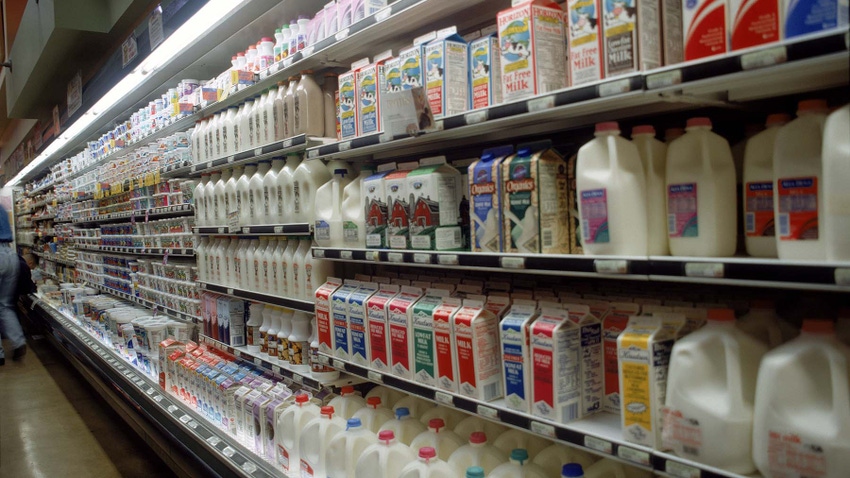
The American Farm Bureau Federation is once again calling on the Food and Drug Administration to change its milk labeling rules. According to Farm Bureau officials, FDA should enforce food labeling standards for dairy substitute products and enforce existing prohibitions on the labeling of nut and other plant-based beverage products as “milk.”
The remarks were made in response to FDA’ request for comments on its draft titled Labeling of Plant-Based Milk Alternatives and Voluntary Nutrient Statements: Guidance for Industry. Issued in February, the draft would permit plant-based items to be marketed as “milk” provided they meet certain labeling requirements.
Plant-based beverage producers and advocates for dairy alternatives applauded the new rules. Dairy farmers and representatives from milk producing states were less enthusiastic. In response to the draft, Sen. Tammy Baldwin, D- Wisc., re-introduced a bipartisan bill called the Dairy Pride Act. It seeks to codify the definition of “milk” as dairy based into law. The bill is now being considered by the Senate Committee on Health, Education, Labor, and Pensions.
In their comments, AFBF officials say non-dairy products marketed as “milk” cause confusion and are misleading to consumers. They suggest the FDA adhere to guidelines similar to Canada, which mandates the term “almond beverage” instead of almond “milk.” According to Farm Bureau, this would not be a heavy or unreasonable burden on plant-based beverage producers.
To support their position, AFBF officials note FDA requires foods labeled as “jam” to contain a certain amount of fruit. The agency also requires products not containing a specified amount of cheese to be labeled as “cheese alternative” or “cheese substitute.”
“Consumers know the healthiness of dairy labels such as ‘milk’ and may infer that any product bearing this term possesses the same or an equivalent nutritional profile,” AFBF vice president of public policy Sam Kieffer says. “In many other cases, consumers have been led to believe plant-based alternatives are healthier. As the draft guidance describes: ‘the research also suggests that a majority of consumers who purchase plant-based milk alternatives state they do so because they believe the products are healthier than milk.’ These conclusions demonstrate the dangers of utilizing the term ‘milk’ on non-milk products.”
About the Author(s)
You May Also Like






